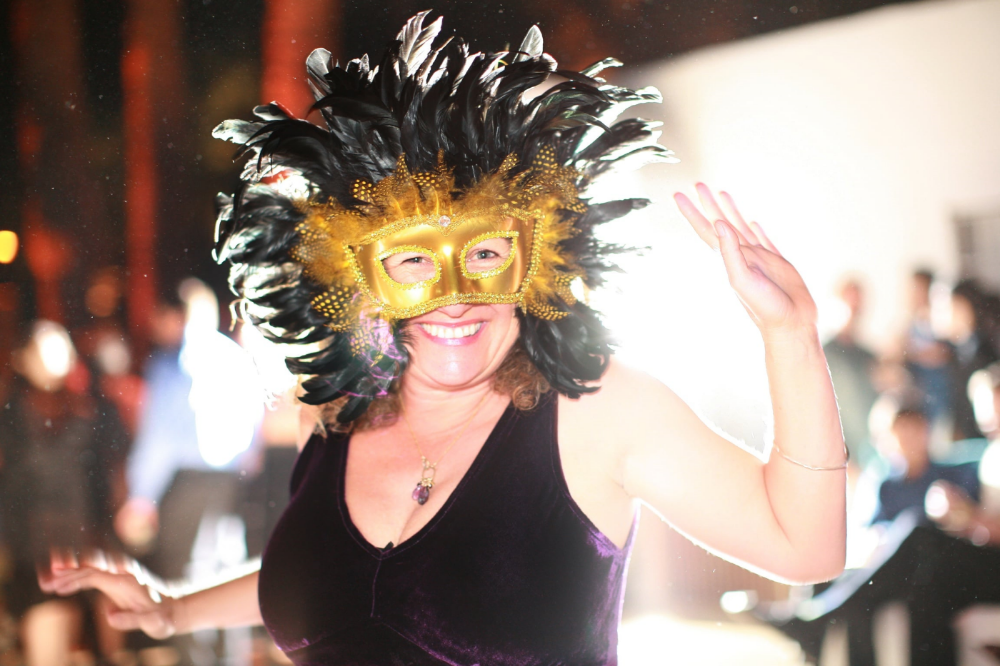Blake Spalding at Korakia by Della Chen
For years, the field of psychology has devoted itself to helping miserable people not be miserable. While this is wonderful, we know that Not Being Miserable is different than Being Happy. So in the last ten years, we've seen the beginnings of a science of positive psychology - a science of what makes life worth living.
It turns out that we can measure different forms of happiness and figure out what helps happy people stay happy:
Positive Emotion: The ability to be optimistic and view the past, present, and future in a positive perspective. Having a sense of humor. Not taking things too personally. Enjoying yourself in the present moment. Gratitude, satisfaction, pleasure, inspiration, hope, curiosity, love.
Relationships: Social connections are one of the most important aspects of life. Humans are social animals who thrive for connection, love, intimacy, and a strong emotional and physical interaction with other humans. Having strong relationships gives you support in difficult times.
Engagement: It is important in our lives to be able to find activities that take our full engagement. Everyone is different and we all find enjoyment in different things, whether it's playing an instrument, playing a sport, dancing, working on an interesting project or some other activity. We all need something in our lives that entirely absorbs us into the present moment, creating a "flow" of blissful immersion into the task or activity. Flow feels good - smooth, masterful, concentrated calm. It gets us out of our heads and into pure experience.
Meaning: Having a purpose and meaning to why each of us are on this earth is important to living a life of happiness and fulfillment. There is more to our lives than the pursuit of pleasure and material wealth. Getting out of our habitual self-absorbed ways of thinking and being of service to other people can help us find that meaning.
Creativity: Creativity is not limited only in the field of artistic achievement. Creativity can be the ability to adapt to new environments, to be open to new ideas, to employ problem-solving & coping skills. Curiosity, or finding topics fascinating and exploring or discovering them for the sake of learning/experiencing, is part of living a creative life.
Novelty: Even though people typically seek control in their lives, novelty & challenge actually bring happiness. In an interesting paradox, the pursuit of happiness might not always feel good. But people who do new things -- travel to new places, learn new skills, expose themselves to the unfamiliar -- have a greater sense of well-being than people who stick to their same known worlds and routines.
